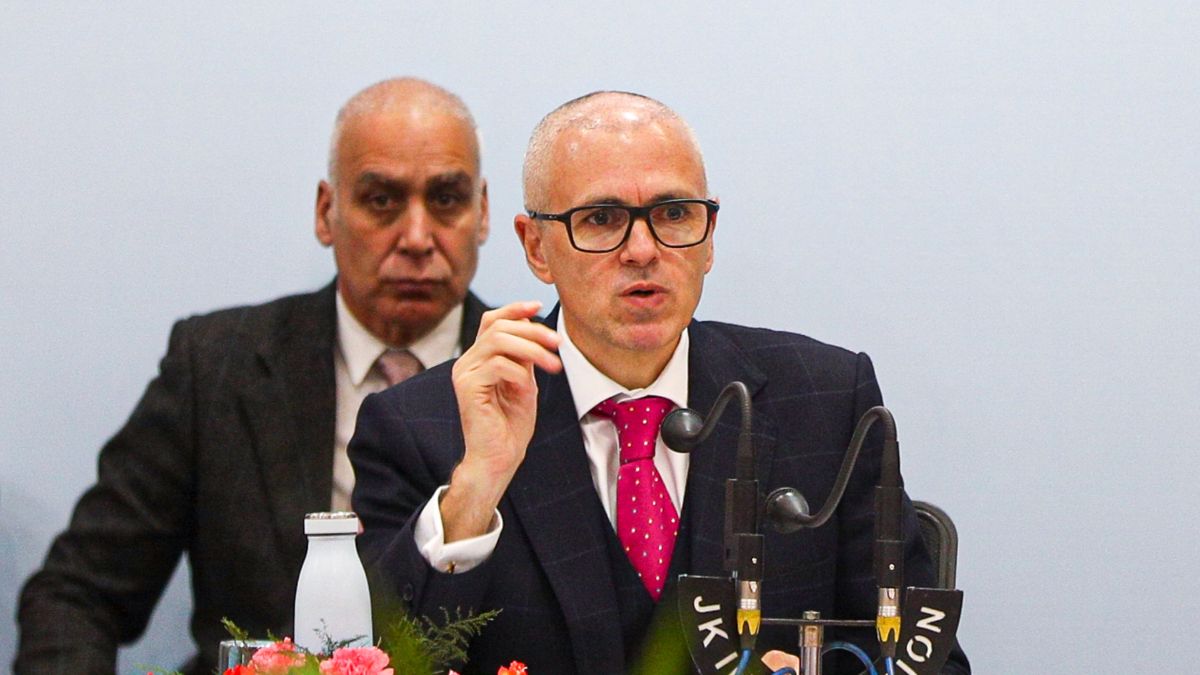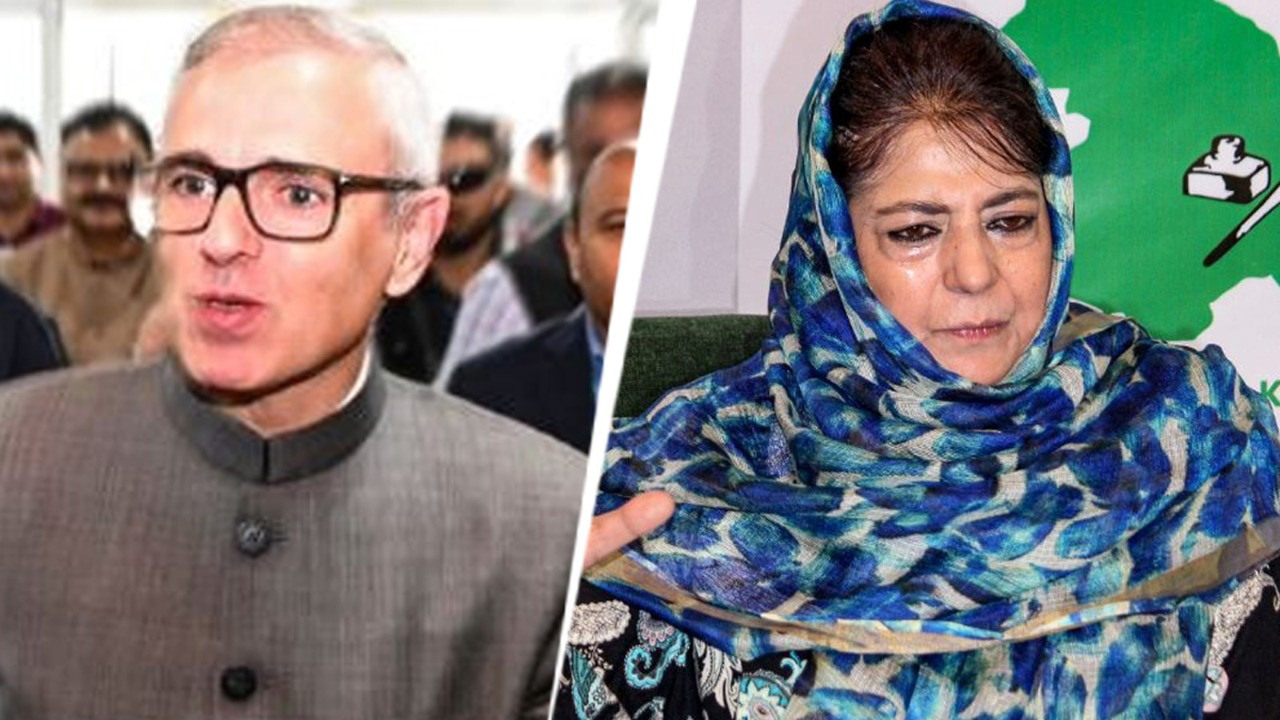Six Months In: Omar Abdullah Grapples with Power Hurdles in Jammu & Kashmir
Srinagar 21 April 2025: Six months into his tenure as the leader of Jammu and Kashmir’s National Conference (NC), Omar Abdullah finds himself navigating a complex political landscape marked by challenges, expectations, and shifting dynamics. While his return to active politics has reignited hopes among party loyalists, the hurdles he faces in consolidating power and addressing pressing issues have become increasingly evident.
The Political Landscape: A Region in Transition
Jammu and Kashmir’s political environment remains deeply fragmented following the abrogation of Article 370 in August 2019. The reorganization of the erstwhile state into two Union Territories has altered the political calculus, leaving traditional parties like the NC struggling to adapt to the new realities.
- Erosion of Autonomy: The NC, under Omar Abdullah’s leadership, continues to advocate for the restoration of Jammu and Kashmir’s special status, a demand that resonates with many in the Valley but faces resistance at the national level.
- Emerging Players: The rise of new political entities, including the Apni Party and the People’s Alliance for Gupkar Declaration (PAGD), has fragmented the opposition, complicating efforts to present a unified front.
Challenges in Governance and Party Revival
Omar Abdullah’s leadership is being tested on multiple fronts, from reviving the NC’s grassroots presence to addressing the socio-economic challenges facing the region.
1. Revitalizing the National Conference
The NC, once a dominant force in Jammu and Kashmir politics, has seen its influence wane in recent years. Omar Abdullah’s efforts to rebuild the party’s organizational structure and reconnect with the electorate are critical to its survival.
- Youth Engagement: With a significant portion of the population under 30, the NC must address the aspirations of young voters who feel disconnected from traditional political narratives.
- Regional Outreach: Strengthening the party’s presence in Jammu and Ladakh, where it has historically struggled, remains a priority.
2. Addressing Economic Distress
The region’s economy, heavily reliant on tourism and agriculture, has been hit hard by political instability and the COVID-19 pandemic.
- Unemployment Crisis: High unemployment rates, particularly among educated youth, have fueled discontent. Omar Abdullah has called for targeted policies to create jobs and stimulate economic growth.
- Infrastructure Development: Delays in infrastructure projects, including road connectivity and power supply, have hindered progress in rural areas.
3. Navigating Security Concerns
The security situation in Jammu and Kashmir remains precarious, with frequent incidents of violence and cross-border tensions.
- Civilian Safety: Ensuring the safety of civilians while maintaining law and order is a delicate balancing act.
- Dialogue and Diplomacy: Omar Abdullah has advocated for renewed dialogue with stakeholders to address the root causes of unrest.
Public Perception: A Mixed Bag
While Omar Abdullah’s leadership style is often praised for its pragmatism and accessibility, critics argue that his approach lacks the assertiveness needed to tackle the region’s complex challenges.
- Supporters’ View: Many see him as a stabilizing force capable of steering the NC through turbulent times.
- Opponents’ Critique: Detractors question his ability to deliver tangible results, particularly in the face of mounting socio-economic pressures.
The Road Ahead
As Omar Abdullah enters the second half of his first year in leadership, the stakes are higher than ever. His ability to navigate power hurdles and deliver on key promises will determine not only the future of the National Conference but also his own political legacy.
Key Priorities:
- Restoration of Special Status: Keeping the demand for Article 370 alive while building consensus across political lines.
- Economic Revival: Implementing policies that address unemployment and boost key sectors like tourism and agriculture.
- Party Unity: Strengthening the NC’s internal cohesion and presenting a clear vision for the future.



